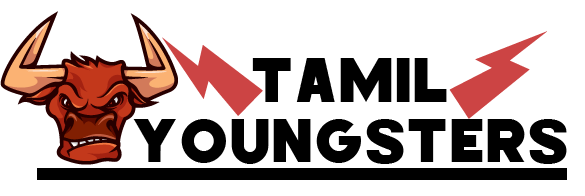IAS Prelims : Indian Polity(03)
Indian Polity
1. Which of the following is called the soul of the Indian Constitution?
(a) Fundamental duties
(b) Preamble
(c) Directive Principles of State Policy
(d) Rule of Law
Ans: c
2. In which of the following cases, the Supreme Court held that the Indian Constitution is founded on the bedrock of the balance between the Fundamental Rights and the Directive
Principles.
(a) Kesavananda Bharti case
(b) Minerva Mills case
(c) Golak Nath case
(d) Waman Rao case
Ans: b
3. Which of the following is true about Fundamental Duties?
(a) They were incorporated in the constitution on the recommendations of Swaran Singh Committee.
(b) They were incorporated by 44th Constitutional Amendment Act
(c) They are justiciable in nature
(d) They are extended to both citizens and foreigners
Ans: a
4. Consider the following provisions of the Indian Constitution.
(i) Establishment of new sates.
(ii) Use of official language.
(iii) Abolition or creation of legislative council in states
(iv) Citizenship
(v) Delimitation of Constituencies
Which of the above provisions can be amended by a simple majority of the two Houses Of Parliament?
(a) (i), (ii) and (iii) only
(b) (ii), (iii) and (iv) only
(c) (i), (ii) and (v) only
(d) All the above
Ans: d
5. Which of the following is not included in Basic Structure of the Constitution?
(a) Free and fair elections
(b) Independence of Judiciary
(c) Rule of law
(d) Fundamental duties
Ans: d
6. Which of the following is a feature of federal government?
(a) Division of Powers
(b) Unwritten Constitution
(c) Flexible Constitution
(d) Unicameral legislature
Ans: a
7. Consider the following statements:
(i) National Emergency
(ii) Implementing International Agreements
(iii) President’s rule
Which of the above condition empowers the parliament to make laws on any mater enumerated in the state list
(a) (i) and (ii)
(b) (ii) and (iii)
(c) (i) and (iii)
(d) (i), (ii) and (iii)
Ans: d
8. Which of the following matches in incorrect?
(a) Article 275 – Statutory Grants by Parliament
(b) Article 280 – Finance Commission
(c) Article 282 – Discretionary Grants By Centre
(d) Article 265 – Inter State Council
Ans: d
9. What is the minimum number of members required to be present in the House before it can transact any business?
(a) One-tenth of the total number of members in each House
(b) One-fifth of the total number of members in each House
(c) One-eighth of the total number of members in each House
(d) One-fifteenth of the total number of members in each House
Ans: a
10. What is Lame-duck Session?
(a) The first hour of every Parliamentary Sitting
(b) Last session of existing lok sabha, after a new lok sabha has been elected
(c) First meeting of cabinet members
(d) Another name for joint sitting
Ans: b




